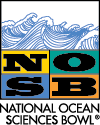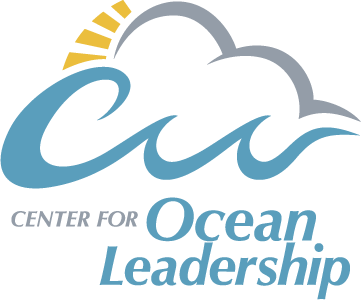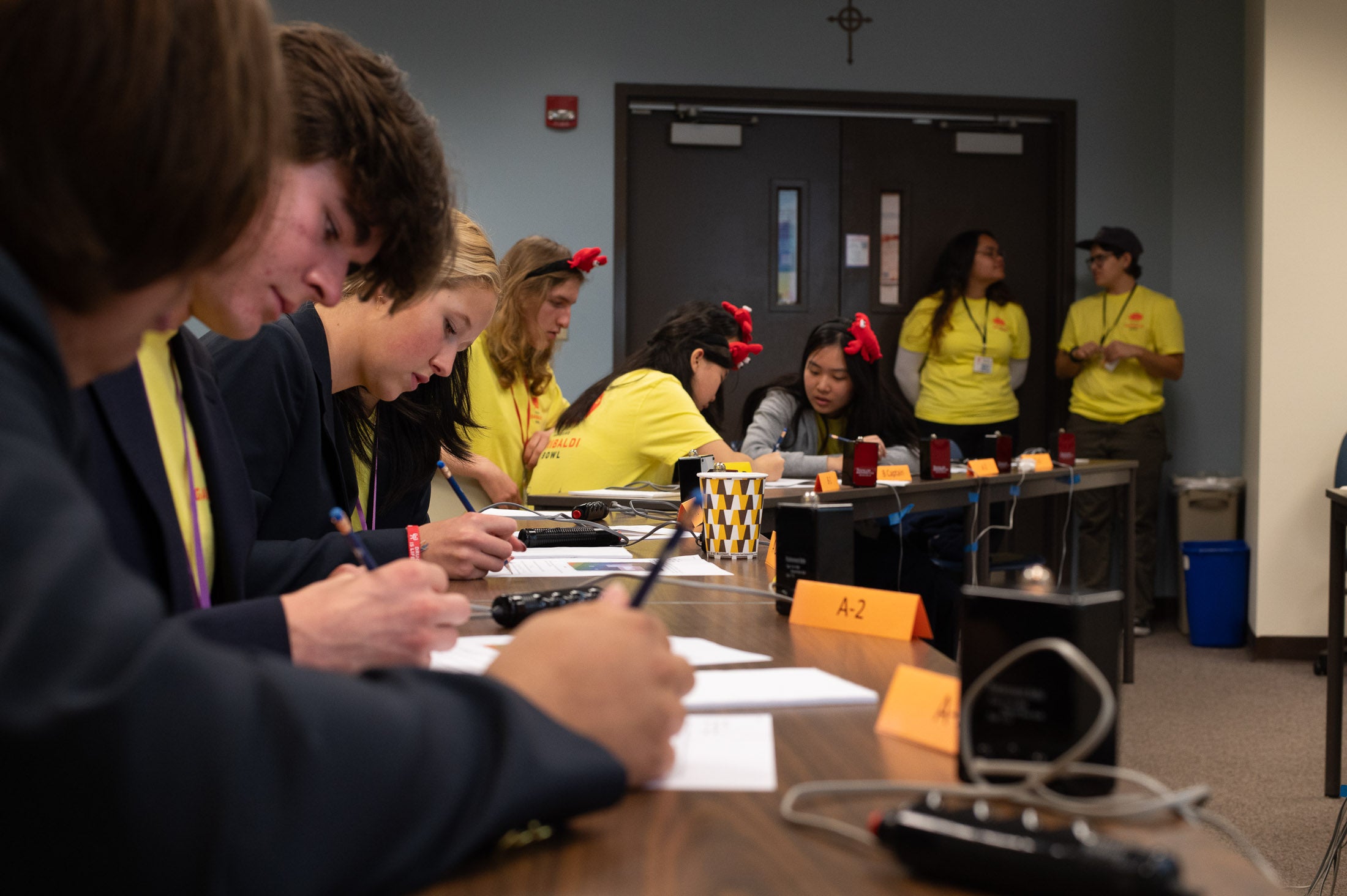The National Ocean Sciences Bowl (NOSB) Professional Webinar Series is a development opportunity for middle and high school educators nationwide. All educators are welcome to register, and NOSB coaches are highly encouraged to participate.
The free online webinar series will focus on the 2018 NOSB competition theme of ‘Oceans Shaping Weather.’
Each of the presenters will give a one hour live webinar presentation on their current research or topic of interest, followed by a 30 minute Q&A session.
All participants logged into the meeting will be able to listen and follow along with the presentation, as well as type questions for the presenter during the live presentation. The NOSB national office staff will read the questions to the presenter.
Questions? Please contact us at nosb@ucar.edu.
Date of Webinar: November 30, 2017
Topic/Title: How does the Atlantic Meridional Overturning Circulation influence the amount of global warming?
The Atlantic Meridional Overturning Circulation (AMOC) transports heat, freshwater, and carbon, giving it a large influence on global climate. Variability in North Atlantic sea surface temperature on multidecadal timescales has been attributed to fluctuations in the AMOC strength. In turn, this temperature variability influences climate elsewhere, including Sahel precipitation and Atlantic hurricane activity. As such, improved understanding of the AMOC may lead to more skillful climate predictions. In the 21st century if greenhouse gas emissions continue as like today, we expect that the AMOC will weaken substantially, leading to large impacts on climate. In this webinar, we will discuss how the AMOC responds to global warming and how the AMOC also influences the amount of surface warming. We will review past work on this subject and present new work using an ensemble of climate simulations that allows the clean separation of the forced response of global warming from the internal variability.
Dr. Elizabeth Maroon
Dr. Elizabeth Maroon is a postdoctoral fellow at the Cooperative Institute for Research in Environmental Sciences (CIRES) at the University of Colorado Boulder. She researchers climate variability and coupled ocean-atmosphere modeling.


